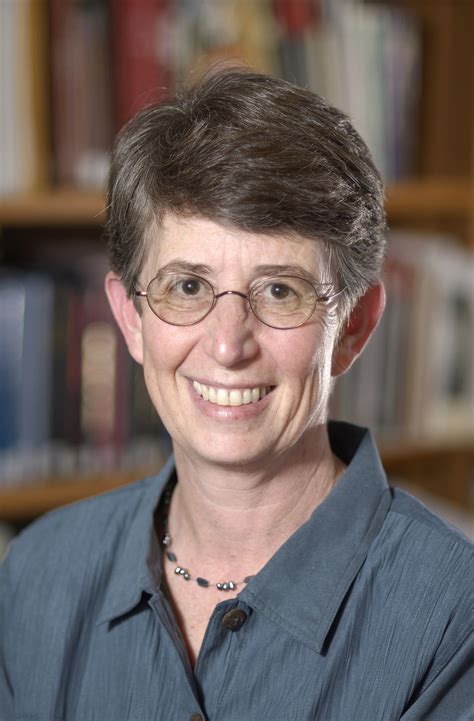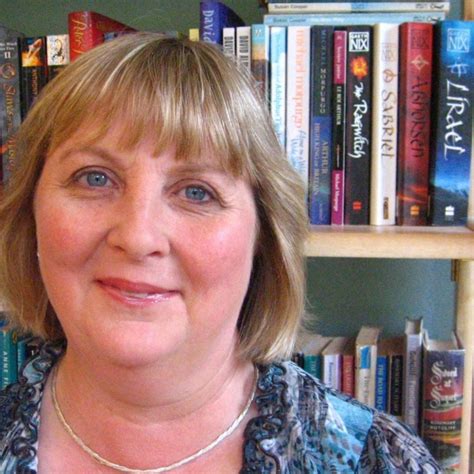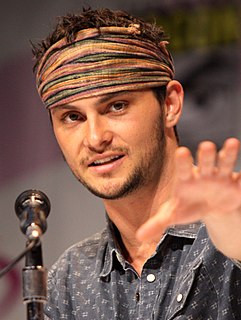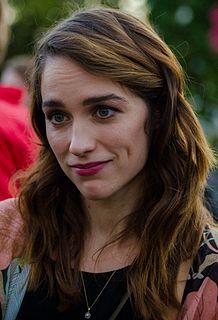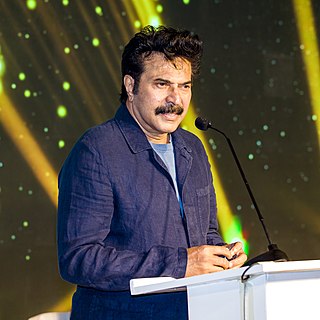A Quote by Ernest Hemingway
There are two kinds of stories, the ones you live and the ones you make up. And nobody knows the difference, and I don't ever tell which is which.
Related Quotes
I'm interested in such things as the difference between how we perceive the world and what the world turns out to be. The difference is between the stories we tell others and the stories we tell ourselves. There is a wonderful Russian saying, which I use as the epigraph of one of my novels, which goes, He lies like an eyewitness. Which is very sly, clever and true.
After graduation, I wanted to work for 'Sassy', which I loved, but it had folded. So I wound up at 'Seventeen' for three years on staff and two as a contributor, and I wrote these great stories that nobody ever believes 'Seventeen' does. Serious stories for teens about social justice issues - gun control, migrant farm workers.
AS SOMBRAS DA ALMA. THE SHADOWS OF THE SOUL. The stories others tell about you and the stories you tell about yourself: which come closer to the truth? Is it so clear that they are your own? Is one an authority on oneself? But that isn't the question that concerns me. The real question is: In such stories, is there really a difference between true and false? In stories about the outside, surely. But when we set out to understand someone on the inside? Is that a trip that ever comes to an end? Is the soul a place of facts? Or are the alleged facts only the deceptive shadows of our stories?
Kiran says (the shelf) is full of stories. If it is, then I like fairy stories. Fairy stories are fair. In them wishes are granted, words are enchanted, the honest and brave make it safely through to the last page and the baddies either have to give up their wickedness for ever and ever, no going back, or get ruthlessly written out of the story, which they hardly ever survive. Also in fairy stories there are hardly any of those half-good half-bad people that crop up so constantly in real life and are so difficult to believe in.
A game: say something. Close your eyes and say something. Anything, a number, a name. Like this (she closes her eyes): Two, two what? Two women. What do they look like? Wearing black. Where are they? In a park. . . . And then, what are they doing? Try it, it's so easy, why don't you want to play? You know, that's how I talk to myself when I'm alone, I tell myself all kinds of stories. And not only silly stories: actually, I live this way altogether.
I can only think seriously of trying to live up to an ideal, to improve myself, if I am split in two pieces. There must be a good “I” who is going to improve the bad “me.” “I,” who has the best intentions, will go to work on wayward “me,” and the tussle between the two will very much stress the difference between them. Consequently “I” will feel more separate than ever, and so merely increase the lonely and cut-off feelings which make “me” behave so badly.
Growing up, I didn't have television. My dad would make up stories and tell me stories, so my imagination ran wild. When I did see films, which was very few and far between, that was such an interesting medium that was so new to me. It wasn't something that was just part of my life, so it was really appealing and so different that I enjoyed that.







